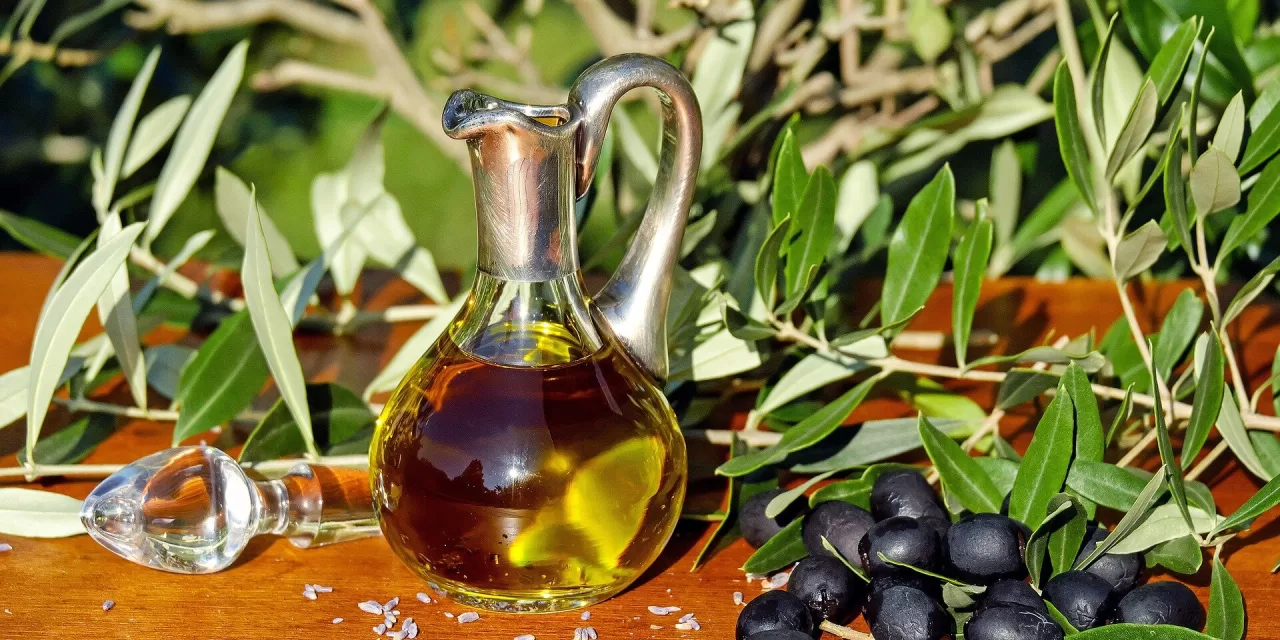For decades, olive oil has been celebrated as a cornerstone of the Mediterranean diet, lauded for its ability to reduce the risk of heart disease, cancer, diabetes, and premature death. But while the health benefits of olive oil are well-documented, a lesser-known part of the olive tree—the leaves—are emerging as a potential powerhouse of nutrition.
Recent studies suggest olive leaf extract may offer its own health benefits, thanks to its unique blend of antioxidants.
What’s Inside Olive Leaves?
Olive leaves, long brewed as a traditional tea in Mediterranean cultures, are rich in oleuropein, a potent antioxidant also found in olives and olive oil but in lower concentrations. The greener the leaf, the higher its oleuropein content, with younger, spring-harvested leaves boasting the highest levels.
In addition to oleuropein, olive leaves contain other powerful antioxidants such as hydroxytyrosol, luteolin, apigenin, and verbascoside. These compounds work by reducing oxidative stress in the body—a process linked to chronic diseases like cancer and heart disease.
Health Benefits of Olive Leaves
A comprehensive review of 12 studies involving 819 participants revealed that olive leaf extract improved risk factors for heart disease, including healthier blood lipids and lower blood pressure. The benefits were most pronounced in people with pre-existing high blood pressure.
Other studies examined olive leaf extract’s impact on blood sugar levels, weight management, and cognitive function. While individual studies showed promising results, a combined analysis highlighted inconsistencies, likely due to variations in dosage, duration, and method of consumption.
Despite these inconsistencies, researchers agree olive leaf extract may support heart health, blood sugar regulation, and overall metabolic health, although more research is needed for definitive conclusions.
How to Use Olive Leaves
Olive leaves can be consumed as a tea, added to salads, or blended into smoothies. However, their natural bitterness may make them less appealing in raw form. Olive leaf extract is also being incorporated into baked goods like bread, enhancing both flavor and antioxidant levels.
Safety and Dosage
Olive leaf extract is considered safe for consumption, with studies supporting doses of up to 1 gram per day. Toxicity concerns only arise with extremely high doses, far exceeding typical usage. However, pregnant and breastfeeding women are advised to avoid olive leaf extract due to insufficient safety data.
Should You Try Olive Leaf Extract?
For individuals with high blood pressure, diabetes, or elevated cholesterol levels, olive leaf extract may offer additional health benefits. However, it’s crucial to consult a doctor before incorporating it into your routine, especially if you’re on medication.
Ultimately, olive leaf extract is not a cure-all. Maintaining a balanced diet rich in colorful plant foods and following general health guidelines remain the foundation of good health.
With its growing body of evidence, olive leaf extract could be a valuable addition to the Mediterranean diet’s legacy of health-promoting ingredients—proving once again that the humble olive tree has more to offer than meets the eye.
Article based on findings provided by The Conversation.












